Why does the universe exist? Have time and space and matter/energy always existed, back to an infinite past, or were they created by some process or being? In the last century science has begun to shed light on these age-old questions.
For thousands of years most people thought the universe had always existed. That was the view of Aristotle, Copernicus, and Isaac Newton. It was also the initial view of Albert Einstein. When it was pointed out that his theory of General Relativity required a universe in motion, either expanding or contracting, he added a fudge factor, a “cosmological constant,” to keep the universe in balance.
In 1914 it was discovered that light from certain fuzzy spots in the sky was “red-shifted,” which meant they were moving away from us at hundreds of miles per second. In the 1920’s Edwin Hubble, using the then-new 100-inch telescope at Mt. Palomar, discovered those fuzzy spots were entire galaxies. Using a variety of techniques, Hubble began to estimate their distance. In 1929 he announced that the distance away from us was generally proportional to the redshift, the speed away from us. In other words, galaxies twice as far away as others are moving away from us about twice as fast, galaxies four times further away are moving away about four times as fast, and so on. This astonishing relationship between distance and receding velocity is generally true throughout the entire universe. It is now called Hubble’s Law.
Hubble’s law begs a beginning. If you play the movie of time backwards so the galaxies are all coming together, it suggests a moment of creation. The religious implications of a beginning were violently opposed by hundreds of scientists, who cobbled together a competing theory, called the “steady state theory,” that required the constant creation of new matter in the voids of space (a violation of the first law of thermodynamics), to continually build new galaxies. The steady state theory died suddenly in 1965, when two physicists accidently discovered proof of creation – faint background radiation from the birth of the universe. Today the evidence of a beginning – called the “Big Bang” by some – is overwhelming, from the details of the faint background radiation to the relative amounts of the atomic elements. The Big Bang created the entire universe in one miraculous event. It created space, time, and all matter/energy. It did not occur in a specific part of the universe, it occurred simultaneously everywhere in the universe.
What caused the Big Bang? The cause has to be outside of space and time. One theory is that the universe arose as a fluctuation in the quantum field. But the quantum field is a high energy field within our universe. Prior to the Big Bang, space and time did not exist, and there was no quantum field. Also, if you try to imagine an eternal quantum field outside our universe then our universe would have “popped out” an infinitely long time ago. And, what caused that quantum field to exist?
A second theory is that the universe expands and contracts in an infinite series of big bangs. But that violates the second law of thermodynamics – the universe would run out of usable energy.
A third theory is that our universe popped out of another universe, and so on and so, in an infinite regress of turtles all the way down. But infinity is a monstrous mathematical concept that has never been tamed in the real world. If you imagine an infinite regress, then you have to start with an entire infinity of causes, because, no matter how far back you go, you are no closer to the beginning. Another problem is that this theory of infinite regress does not agree with modern science. In 2003 three scientists proved the universe cannot have an infinite past. As one said – “all the evidence we have says that the universe had a beginning.”
Could that beginning be evidence of God? Skeptics are quick to counter – what caused God? But that question reveals a problem of definition. The Bible describes God as the uncaused cause of existence, the “I am who I am” who created the heavens and the Earth. It makes no sense to ask what created something that exists without cause.
Many find it hard to believe that anything could exist without cause. Yet that is the conclusion of modern science. Something has to just be, has to exist without cause. That something has to be outside of space and time, and immensely powerful. That something fits the Biblical description of God.
Thanks for reading.




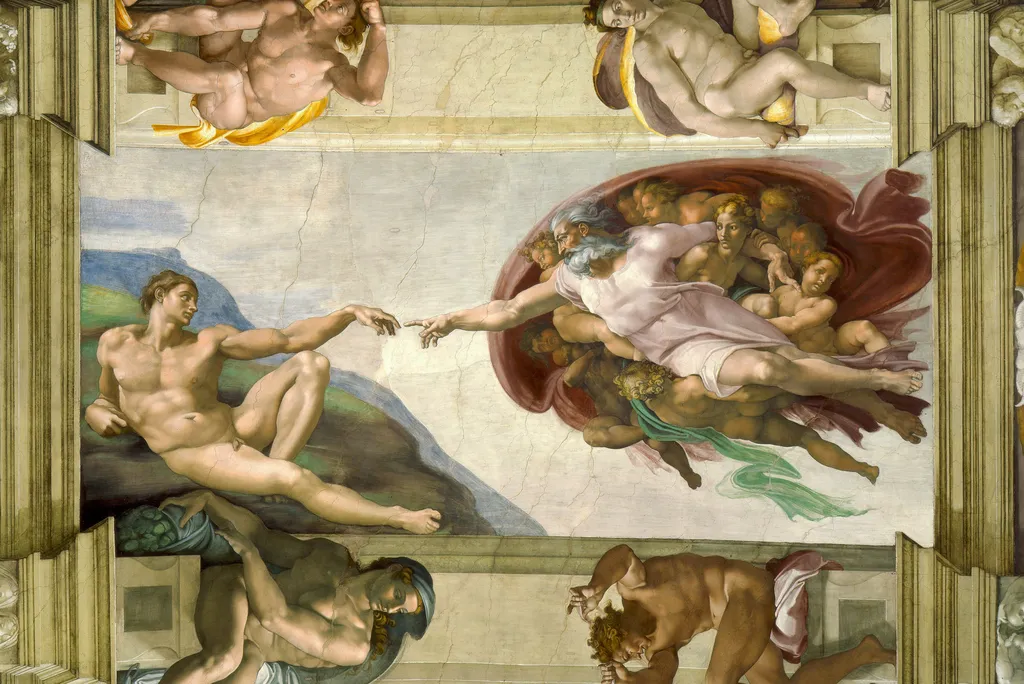


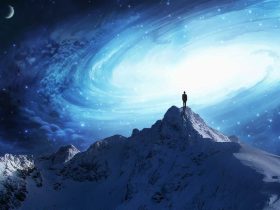

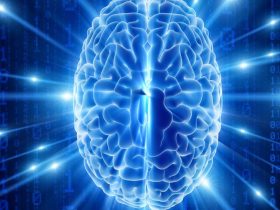



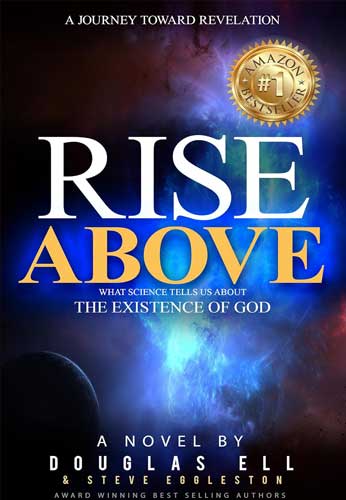
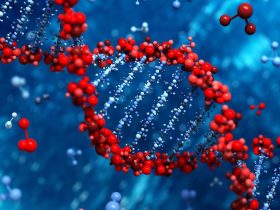
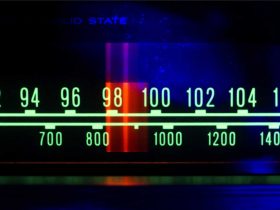
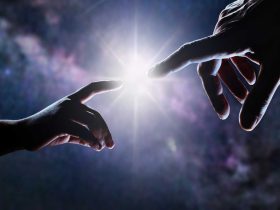
Leave a Reply